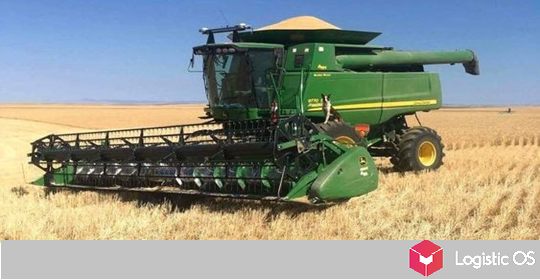According to experts, large-scale disruptions in the supply of food to the PRC are inevitable.
Since New Year, China has introduced new rules governing the import of food and beverages.
These measures should increase the efficiency of sanitary and epidemiological control, in connection with which foreign enterprises that are involved in the production, processing and storage of food products supplied to China must be registered.
The customs department of the PRC announced the introduced changes back in April 2021, but the registration procedure itself was published only in October.
14 product categories fall under special accreditation (high-risk products), including:
Meat, meat products
Beekeeping Products
Eggs and egg products
Fat and oil products
Cereals and Potatoes
Flour and malt
Condiments, nuts, seeds, dried fruits
Unroasted coffee beans and cocoa beans
Specialized dietary products and dietary supplements.
For the supply of all other food products, there is a self-registration via the Internet portal.
That being said, the website for self-registering companies only went live at the end of November.
As a result, due to various bureaucratic problems, by the end of 2021, only 600 companies were registered worldwide.
Due to the current situation, the Government of China announced that the new registration rules will only apply to food products manufactured after January 1, 2022.
This relaxation has become very important for exporters, since a large number of goods have already been sent to China.
At the same time, a customs registration number is already required for new export deliveries.
Stefanie Sobet, managing director and head of the Brussels office of the Federation of the German Food and Beverage Industry, said that German companies are facing difficulties with the introduction of the new rules because exporters were late in obtaining registration access.
According to experts, the introduction of restrictive measures is an attempt to control the large volumes of food imported into the country and to make producers responsible for the quality of the goods.

